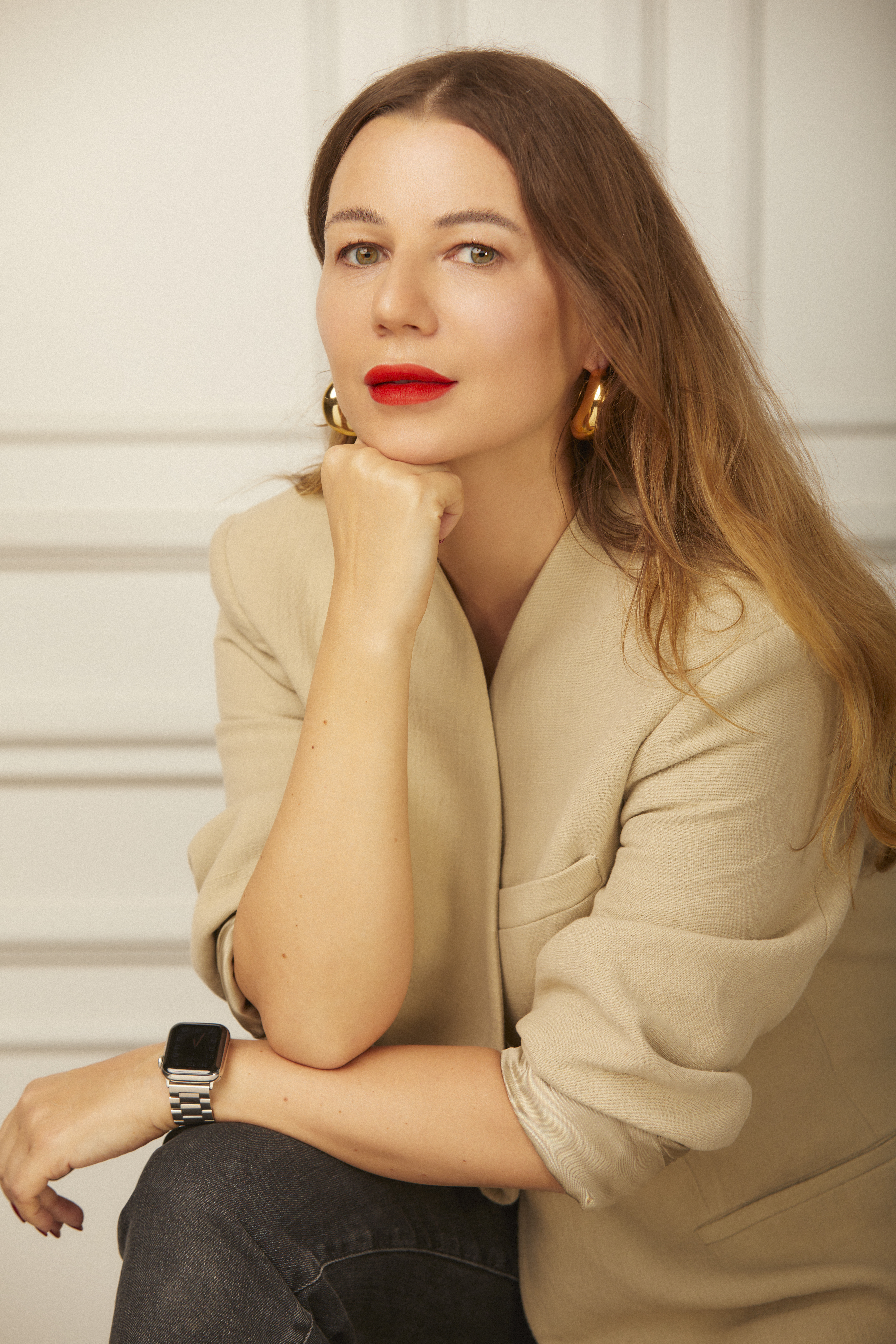Last week, Miss Lebanon returned to the nation’s screens and the screens of the worldwide Lebanese diaspora. The pageant (held for the first time since 2018) is part of a campaign to bring more tourism to the country that, throughout the hardships it has recently endured, has yet again shown us unparalleled levels of unity and resilience.
The event was laced with visual nostalgia and conveyed a clear, bright, and uplifting message that Lebanon is ready for a return to ‘’normality.’’ The problematic resurrection of this beauty contest, on the other hand, kicked off a series of online debates on how beauty pageants as a global institution have not aged particularly well.
At this point, I believe that I have read most online features on the topic, and I’d like to shed a different light on whatever is the common consensus. I think it is essential to keep an open mind, and more importantly, in this day and age, it is even more important to keep an open heart. Let’s try to beat cancel culture at its own game and cancel it, shall we?
However I tried to spin this pageant piece though, I found myself returning right to where I started. I am afraid my opinion is predictably mainstream. I think beauty pageants are doomed as a concept and set us – homo sapiens, not women – back by a very unflattering 50 or so years.
National beauty pageants fail to deliver a broader representation of race, height, weight, and all the other tangible metrics that make up the ‘’winning’’ formula. The novelty of faultless facial symmetry – the critical criteria in the early 1920s when the first beauty pageants were held – is now easily obtained through plastic surgery. ‘’Maybe she is born with it, maybe she chose to pay for her rhinoplasty in 4 interest-free Tabby pay installments’’ doesn’t sit right as a campaign slogan and adds a sub-layer of toxicity around the lengths we will go to obtain media-endorsed desired features.
Cards on the table – I spend my days casting models for various large-scale editorial projects. Granted, the superficial metrics guarantee that some candidates land lucrative commercial contracts and others don’t. Luckily the fashion world is wonderfully progressive in comparison, and quirks, imperfections, and uniqueness are recognized and outright celebrated. With that, our perception of beauty changes daily, and step by step, we are chipping away at the stereotypes that, ultimately, very few of us recognise ourselves in.
At the end of the day, when I ask you to think of a really beautiful person, I am sure that an array of their qualities springs to mind. Unfortunately, none of them make out the qualifying criteria for a beauty pageant.









